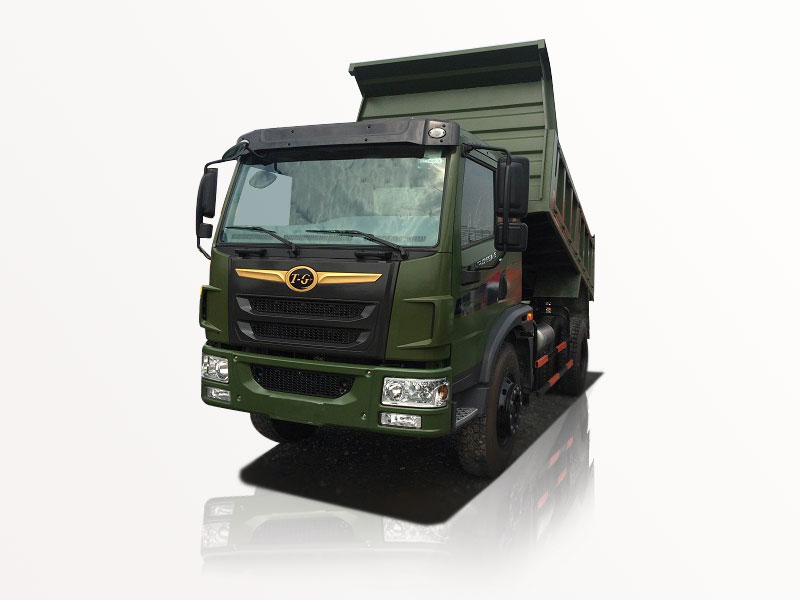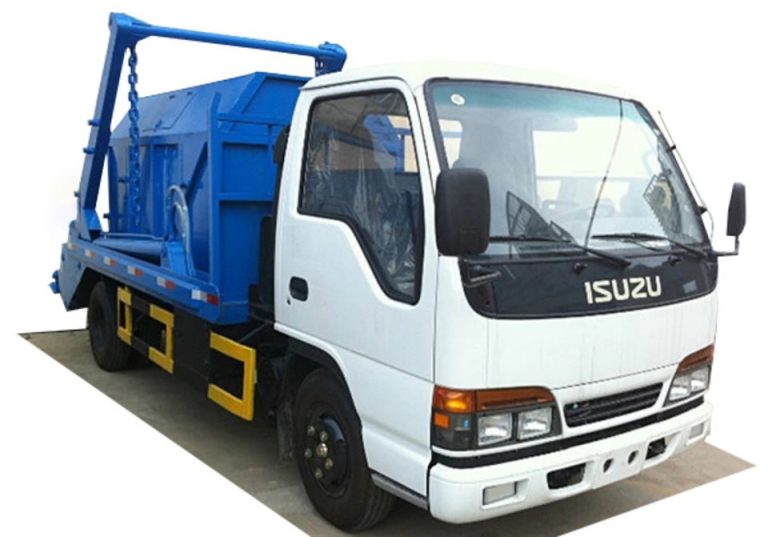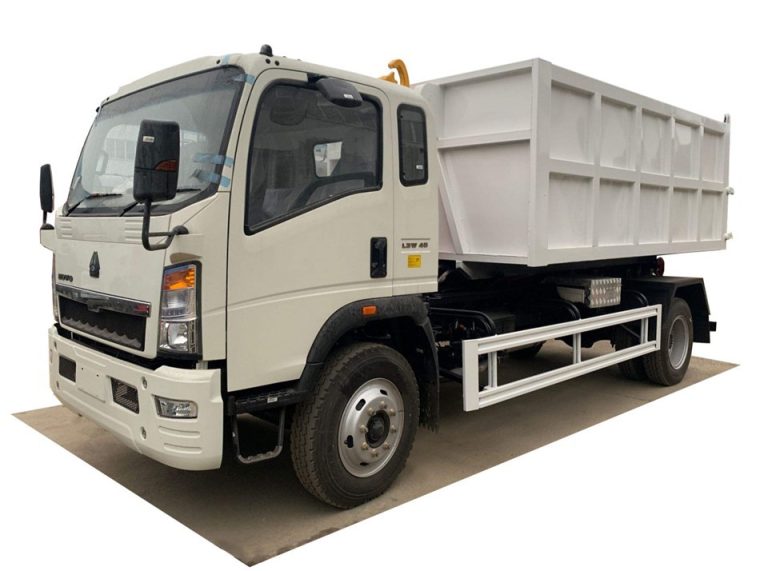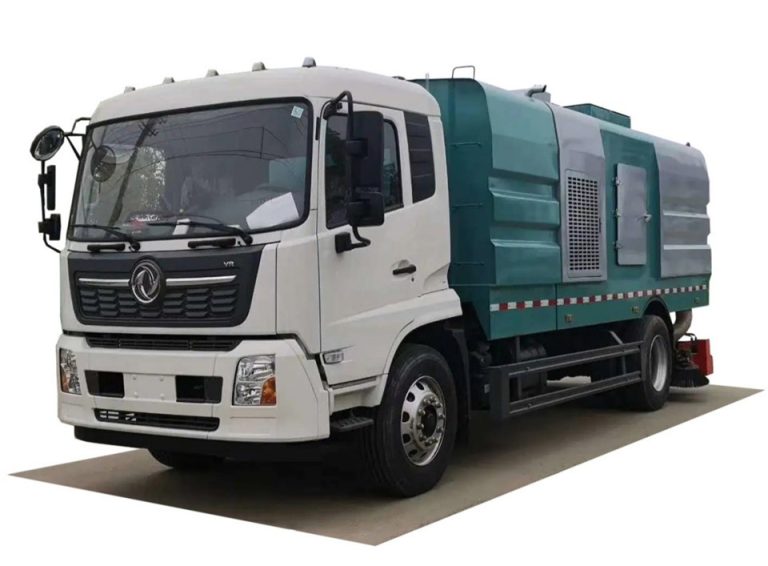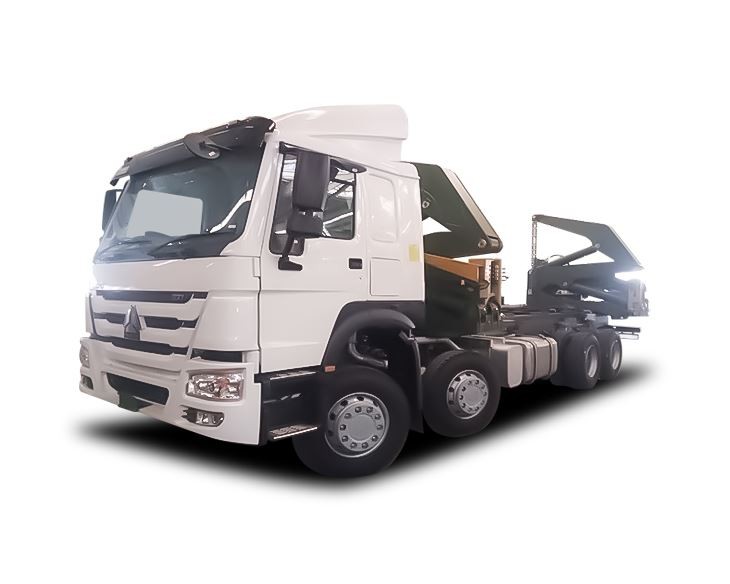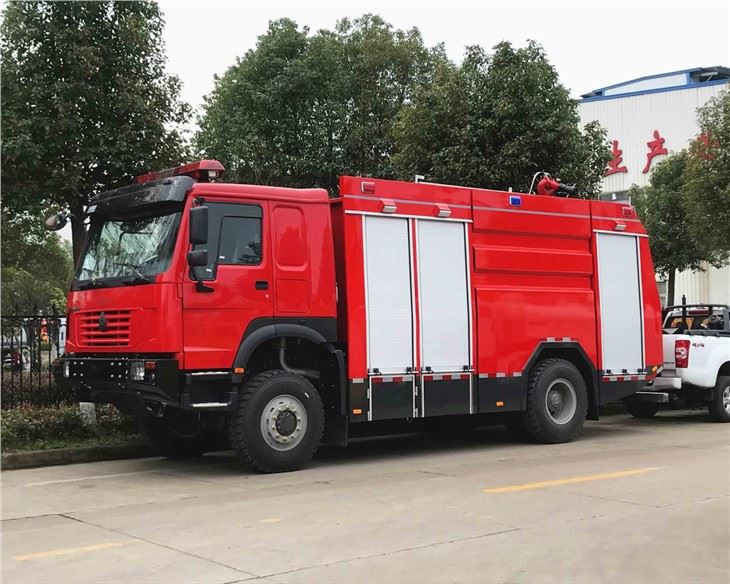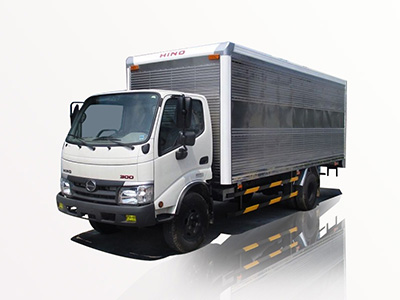In an era where convenience meets functionality, the garbage can carrier has emerged as a must-have for households, businesses, and environmentally conscious users. This article explores what garbage can carriers are, their benefits, a variety of types available on the market, and guiding tips on selecting the right one. Whether you’re looking for a solution for easy waste transport or a way to promote recycling, a garbage can carrier can streamline your waste management process.
What is a Garbage Can Carrier?
A garbage can carrier is a specialized tool designed to make the transportation of garbage bins easier and more efficient. Typically, it consists of a frame or holder that allows users to lift and move garbage cans without the hassle of lifting them directly. They are particularly useful for heavy bins filled with waste, ensuring safety and reducing the risk of injury.
Why You Need a Garbage Can Carrier
1. Ergonomic Design
Most garbage can carriers are designed with ergonomics in mind. They minimize strain on your back and arms when lifting and transporting heavy cans. Look for models designed with padded grips and adjustable features.
2. Increased Efficiency
Using a garbage can carrier increases the speed at which you can move multiple bins, making waste collection quicker and more efficient, especially in commercial settings or during large cleanup operations.
3. Enhanced Safety
Transporting heavy garbage cans can lead to accidents and spills. A garbage can carrier minimizes such risks by allowing for a safer grip and holding capacity, thus keeping you and your surroundings safe.
4. Versatility
They come in various sizes and configurations, making them suitable for different types of bins and waste disposal scenarios. From residential settings to commercial endeavors, there’s likely a garbage can carrier that fits your needs.
Types of Garbage Can Carriers
1. Manual Garbage Can Carriers
These carriers are operated by hand and usually include a set of straps or handles to assist in lifting and transporting the garbage cans. They’re great for everyday use at home.
Examples:
- Handheld straps
- Wheelbarrow-style carriers
2. Motorized Garbage Can Carriers
Perfect for commercial or larger-scale operations, motorized carriers make it easy to transport large bins without manual effort. They can be battery-operated or gas-powered and are usually equipped with larger wheels and enhanced lifting mechanisms.
Examples:
- Electric dumpers
- Power-assisted carts
3. Multipurpose Carriers
Some carriers come with additional features, such as compartments for recycling, tools, or even cleaning supplies, allowing them to serve multiple purposes apart from just waste collection.
4. Folding Garbage Can Carriers
These innovative designs allow the user to fold the carrier for easy storage when not in use. Ideal for small spaces or occasional use, folding carriers are a great option for urban dwellers.
How to Choose the Right Garbage Can Carrier
1. Assess Your Needs
Determine your specific waste management needs. Are you dealing with heavy construction waste or just household garbage? This decision will guide you in choosing the appropriate type of carrier.
2. Consider the Size of Your Garbage Cans
Check the dimensions of your garbage cans, as the carrier should accommodate them comfortably. Most products specify the size of bins they can carry.
3. Weight Capacity
Look for a carrier that can handle the weight of your filled garbage cans. A heavyweight build will ensure durability and reliability.
4. Material
Choose materials that can withstand wear and tear. Durable plastics, metals, or composite materials can prolong the life of your garbage can carrier.
5. User Reviews
Research and read reviews from other users. Their experiences can provide insight into the practicality and durability of the carrier you’re considering.
Practical Tips for Using Garbage Can Carriers
1. Secure Your Garbage Can
Ensure your garbage can is properly secured within the carrier to prevent any spillage during transport. Most carriers come with straps or locks for this purpose.
2. Lift with Your Legs, Not Your Back
When transporting heavy bins, use your leg muscles rather than your back. This technique reduces strain and minimizes the risk of injury.
3. Clear Your Path
Before transporting, make sure the area is clear of obstacles to avoid accidents and make the transport process smoother.
4. Regular Maintenance
Check the carrier regularly for any wear and tear. A well-maintained carrier will last longer and function more effectively.
Cost Considerations
The cost of garbage can carriers can vary widely based on the type, material, and additional features. Here’s a breakdown of average costs:
| Type | Estimated Cost |
|---|---|
| Manual Carriers | $20 – $75 |
| Motorized Carriers | $200 – $1000 |
| Multipurpose Carriers | $50 – $150 |
| Folding Carriers | $30 – $90 |
Common Mistakes to Avoid
1. Underestimating Weight
Don’t attempt to lift loads that are too heavy for your chosen carrier. Always check the weight capacity to avoid accidents.
2. Not Following Safety Guidelines
Neglecting the manufacturer’s safety guidelines can lead to mishaps. Always read the instructions and adhere to safety practices.
3. Skipping Maintenance Checks
Failing to perform regular checks can lead to wear and tear that might compromise the carrier’s functionality. Inspect the wheels, straps, and handles regularly.
4. Choosing Incompatible Sizes
Ensure your carrier is compatible with your garbage cans. Buying a carrier that’s too small or too large can decrease efficiency.
Environmental Impact of Efficient Garbage Transport
Efficient garbage transportation not only makes waste handling easier but is also crucial for environmental sustainability. Using garbage can carriers can lead to better waste management practices, facilitate recycling, and contribute to reduced landfill waste. By effectively transporting recyclables and compostable materials, we can enhance community efforts toward sustainability.
FAQs About Garbage Can Carriers
1. Can I use a garbage can carrier for different types of waste containers?
Yes, as long as the carrier accommodates the dimensions and weight of the containers, you can use it for various waste types.
2. Are there garbage can carriers suitable for elderly individuals?
Absolutely! There are ergonomic designs specifically made to assist elderly users, with features like cushioned grips and lightweight frames.
3. How do I clean my garbage can carrier?
Use mild soap and water to clean your garbage can carrier, avoiding harsh chemicals that might degrade the material.
4. Where can I purchase a garbage can carrier?
You can find garbage can carriers at many home improvement stores, online marketplaces, and specialized waste management retailers.
5. How long do garbage can carriers typically last?
With regular maintenance and proper use, garbage can carriers can last for several years. The lifespan largely depends on the material and usage frequency.
6. Are motorized carriers worth the investment?
If you frequently transport heavy loads, a motorized carrier can save time and increase safety, making it a valuable investment in the long run.
